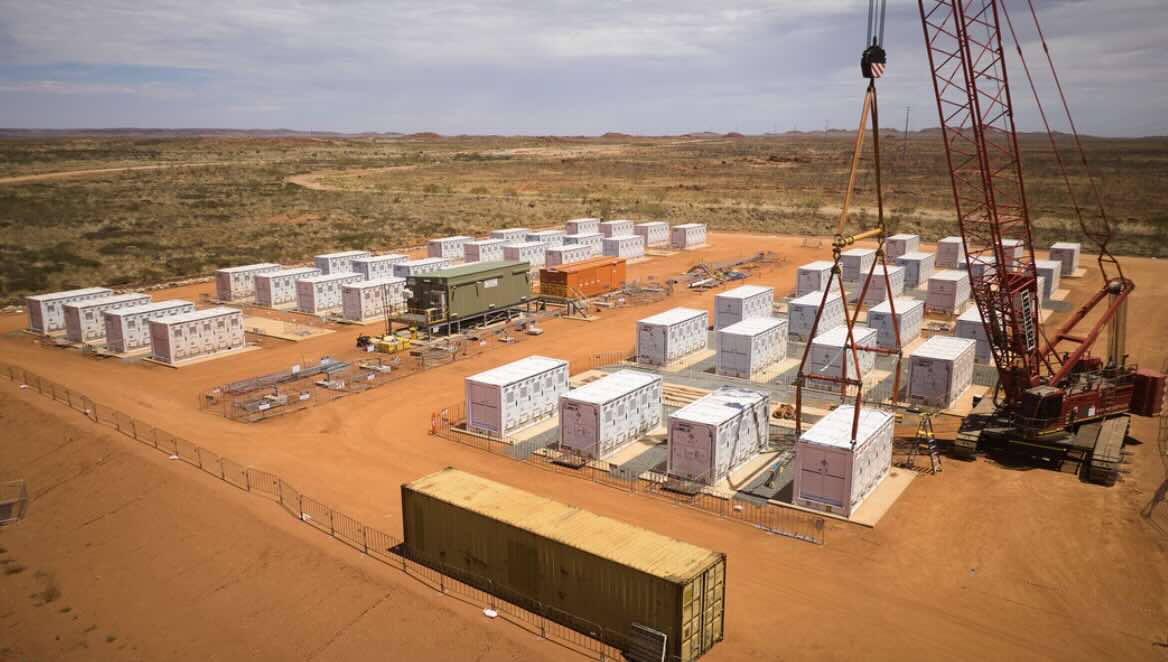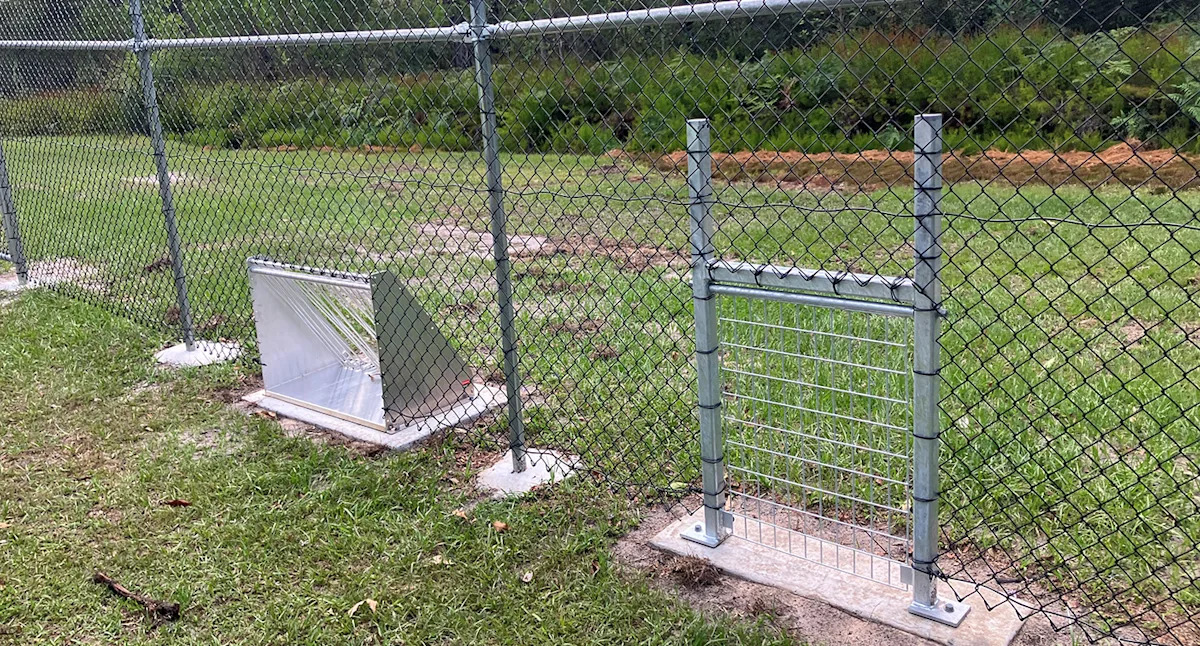
A groundbreaking cancer vaccine, designed to stimulate the immune system against one of the most prevalent cancer-driving mutations, has demonstrated promising early results in patients with pancreatic and colorectal cancer. These findings, published in Nature Medicine, highlight the potential of ELI-002 2P to trigger robust and enduring immune responses, potentially preventing or delaying cancer recurrence in high-risk patients.
The study, led in part by researchers at the UCLA Health Jonsson Comprehensive Cancer Center, reveals that after an extended follow-up of 19.7 months, the median relapse-free survival was 16.33 months, and median overall survival was 28.94 months. These figures surpass historical norms, especially in patients who developed strong mKRAS-specific T cell responses. Notably, median relapse-free survival was not reached in these patients, compared to 3.02 months in those with lower responses, and median overall survival was not reached versus 15.98 months.
Breakthrough for KRAS-Driven Cancers
“This is an exciting advance for patients with KRAS-driven cancers, particularly pancreatic cancer, where recurrence after standard treatment is almost a given and effective therapies are limited,” commented Dr. Zev Wainberg, the study’s first author and a professor of medicine at the David Geffen School of Medicine at UCLA. “We observed that patients who developed strong immune responses to the vaccine remained disease-free and survived for much longer than expected.”
The study evaluated the safety and efficacy of a lymph node-directed vaccination targeting KRAS mutations, which are present in about 25% of solid tumors and drive approximately 90% of pancreatic cancers and 50% of colorectal cancers. Unlike personalized cancer treatments, ELI-002 2P is an “off-the-shelf” vaccine, designed to stimulate the immune system in a generalized manner, eliminating the need for a time-consuming, patient-specific vaccine creation process.
Study Findings and Implications
The research included follow-up data from the AMPLIFY 201 Phase 1 trial, involving 25 patients with either pancreatic ductal adenocarcinoma or colorectal cancer. These patients had undergone surgery and showed minimal residual disease, indicated by traces of cancer DNA in the blood, often signaling relapse.
- 84% of patients generated KRAS-specific T cells, including CD4+ helper cells and CD8+ killer cells, with many persisting over time.
- In 24% of patients, tumor-associated biomarkers were completely cleared.
- Patients with higher T-cell responses had significantly longer relapse-free survival compared to those with lower responses.
- 67% of tested patients developed immune responses to additional tumor-associated mutations, suggesting potential for broader anti-tumor activity.
“Targeting KRAS has long been considered one of the difficult challenges in cancer therapy,” said Wainberg. “This study shows that the ELI-002 2P vaccine can safely and effectively train the immune system to recognize and fight cancer-driving mutations.”
Future Directions and Broader Impacts
The research team has completed enrollment in a larger Phase 2 study of ELI-002 7P, a next-generation version of the vaccine that targets a broader set of KRAS mutations. This development follows the promising results of the initial study and aims to expand the vaccine’s efficacy across more mutation types.
The study’s senior authors include Shubham Pant from the MD Anderson Cancer Center and Eileen O’Reilly from Memorial Sloan Kettering Cancer Center. The research was sponsored and funded by Elicio Therapeutics, underscoring the collaborative effort to advance cancer treatment.
As the medical community continues to explore innovative approaches to cancer therapy, the success of ELI-002 2P could mark a significant shift in how KRAS-driven cancers are treated, offering hope to patients facing these challenging malignancies.







